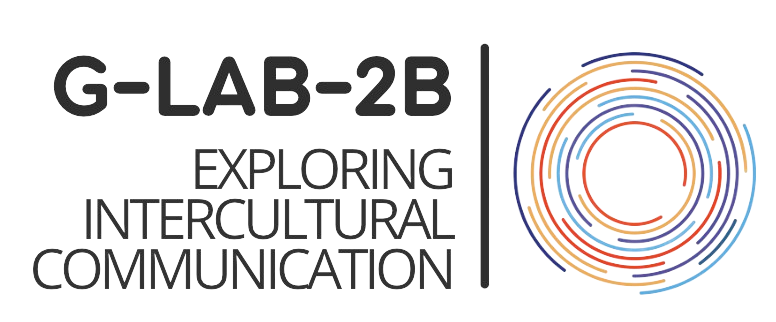Social media recommendation algorithms, often criticized for their interest in generating more visibility and engagement by fostering division and radicalization, hold a unexplored potential: they could steer digital discourse in a more constructive and cooperative direction (without losing their focus of interest; generating visibility and engagement).
At a time when polarization and fragmentation not only shape discourses, but also divide societies, an essential question arises….
Table of Contents
How can digital technologies change the way we communicate, not for the worse, but for the better?
Artificial Intelligence as the architect of dialogue
Current recommendation mechanisms in social networks have a clear objective: to maximize interaction. However, what began in the early 2000s as an innovation has now become a problem. These algorithms prioritize content that generates outrage, controversy or sensationalism. This mechanism not only amplifies the spread of misinformation, but also reinforces the perception that we live in a world of irreconcilable antagonisms.
But algorithms are tools, not inevitable destinies. They can be “re-programmed,” not to deepen division, but to build bridges between us and foster dialogue. This is where so-called “Bridging-Algorithms” come into play. They work differently: instead of evaluating content according to its click potential, they prioritize content that connects people with different perspectives and fosters common ground.
Far from being a utopian concept, these algorithms have already proven their effectiveness in practice:
Polis: An open source tool used in Taiwan in 2015 to moderate a socially contentious debate about Uber by visualizing the opinions and highlighted proposals that were supported by the majority of groups. The result was a democratic process based on consensus, not confrontation. This example shows that there are alternatives capable of transforming digital discourse into something more than a space for polarization and cynicism.
The challenge: profitability vs. democracy
The question that arises Why have these innovative approaches not been adopted more widely? The answer is clear: “connection algorithms” are less cost-effective. They do not generate maximums in dwell time or interactions, and contradict the current business model of the platforms. The Digital Services Act (DSA) is a first step in holding platforms accountable but more is needed: a broad societal debate about how we want our public digital spaces to be designed.
Because the bridges we build in digital spaces can become the foundation for a more just and dialogue-oriented society.
“The health of a democracy depends on the quality of the conversations it fosters.” , James Madison


